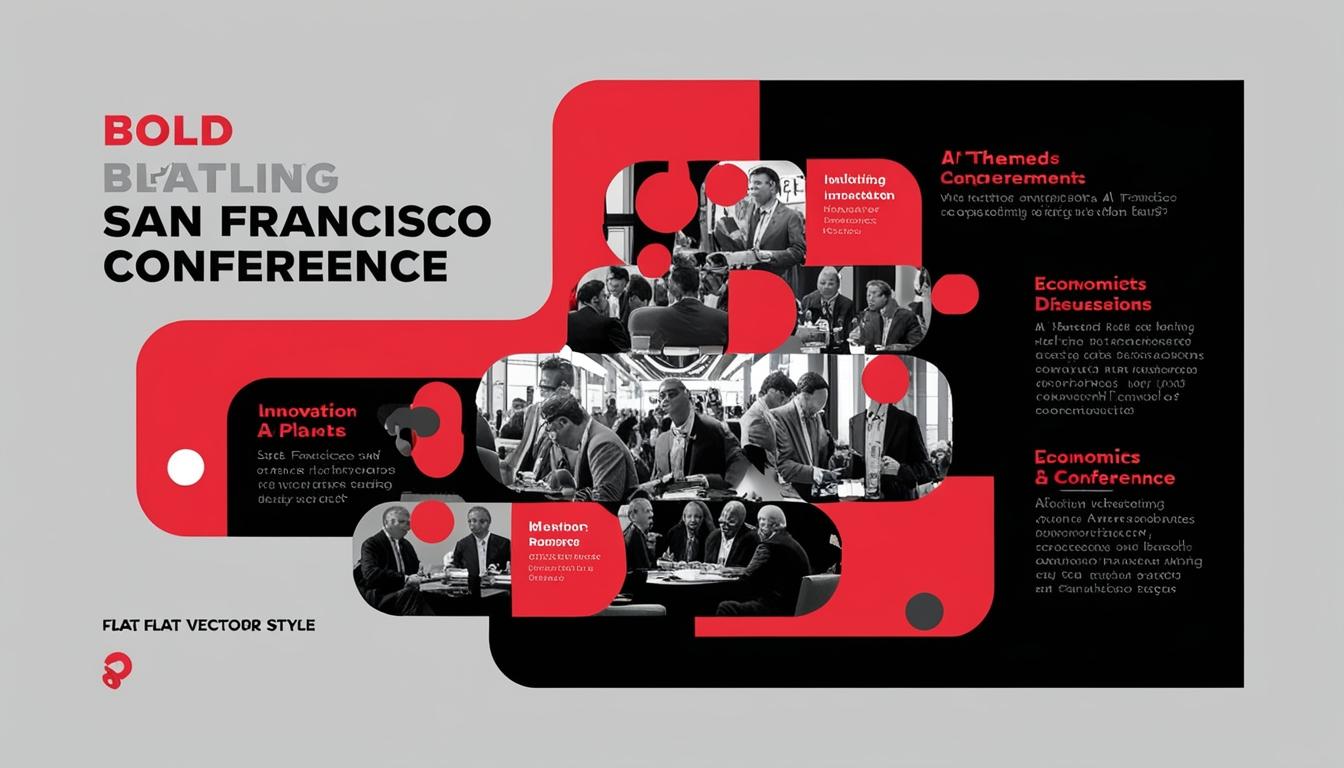This past weekend, San Francisco served as the backdrop for the annual meeting of the American Economic Association, where economists from across the United States gathered to network, share insights, and discuss innovative research. The conference, also attended by various economic associations, has been highlighted as the most significant professional event for economists in the country, featuring hundreds of academic papers and presentations. The central focus of this year’s event was artificial intelligence (AI), which generated significant discourse among attendees.
Emerging studies presented at the conference indicated that the anticipated widespread job loss due to AI may not be occurring, at least not in the immediate term. According to participants, AI appears to complement productivity among workers rather than entirely replace employment in most sectors. The ultimate implications of AI on economic inequality, however, remain uncertain and the subject of ongoing research.
As spectators arrived in San Francisco, they encountered numerous billboards advertising various AI products and services, serving as an indication of how pervasive the technology has become. The presence of autonomous vehicles, specifically Waymo's driverless taxis, provided a real-time demonstration of AI's advancements. Many conference-goers, including those from the Planet Money team, experienced rides in these autonomous vehicles firsthand, highlighting the rapid technological transformations occurring in urban commuting.
Among the standout figures at the conference was Erik Brynjolfsson, an economist at Stanford University and director of the Stanford Digital Economy Lab, who became a prominent voice discussing AI's impact on the business landscape. “The American Economic Association is, in a way, being taken over by AI just like every other industry and occupation,” Brynjolfsson stated in an interview following his participation in several panels. He noted the substantial shift in research methodologies, with many economists now incorporating AI into their studies.
Despite concerns surrounding the potential loss of jobs to AI technologies, Brynjolfsson presented evidence indicating that many occupations, including radiology, have actually seen job growth. Historical predictions that AI would replace radiologists have failed to manifest, with demand for these professionals increasing alongside their evolving responsibilities that extend beyond mere image analysis into consulting and patient interaction.
Similarly, expectations that language translators and interpreters would be swiftly displaced by AI have also proven unfounded, as these jobs continue to grow. Brynjolfsson emphasised that most occupations consist of various tasks, and while AI may assist in automating certain functions, it is often incapable of managing the entirety of the job, particularly those requiring nuanced human judgement.
A significant takeaway from the conference is the perspective that AI has facilitated improvements in worker performance, enhancing the efficiency and output of many employees rather than serving as a direct substitute for their roles. Brynjolfsson elaborated on this idea, stating, “AI has been complementing workers as much or more than it's been substituting for workers,” suggesting that this technology has enabled individuals in various fields to provide better service and increase customer engagement.
The conference discussions also illuminated the relationship between AI and income inequality. Economic analyses presented indicated that lower-skilled workers might benefit more from AI than their higher-skilled counterparts. Brynjolfsson noted that early findings suggest AI could potentially mitigate income disparities, contrasting with technology trends of previous decades that primarily favoured workers at the upper end of the skill spectrum.
The empirical evidence, however, presents a mixed picture. Some studies indicate that AI may intensify inequalities, with findings from a paper presented at the conference revealing that high-performing entrepreneurs received substantial benefits from AI-driven mentorship, while low-performing entrepreneurs faced challenges. This pattern was echoed in research from an MIT economist who found top scientists significantly improved their productivity with AI assistance, while lower-skilled researchers saw minimal gains.
Brynjolfsson acknowledged the complex dynamics at play, suggesting that the future of AI's impact on economies is not predetermined. "We have choices about how we design our systems," he remarked, advocating for approaches that promote the augmentation of human labour while benefitting broader society.
As the conference unfolded, conversations among attendees evoked comparisons to previous technological revolutions, particularly the rise of the internet in the 1990s. Brynjolfsson concluded that despite potential overhype surrounding certain AI developments, he envisions AI having a more profound impact on the economy than the internet did, stating, "I'm pretty sure AI is going to have a bigger effect on the economy than the internet."
The conference underscored the importance of ongoing research and dialogue among economists as AI continues to evolve and reshape various facets of the business landscape, presenting both challenges and opportunities for workers and industries alike.
Source: Noah Wire Services
